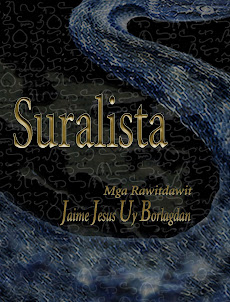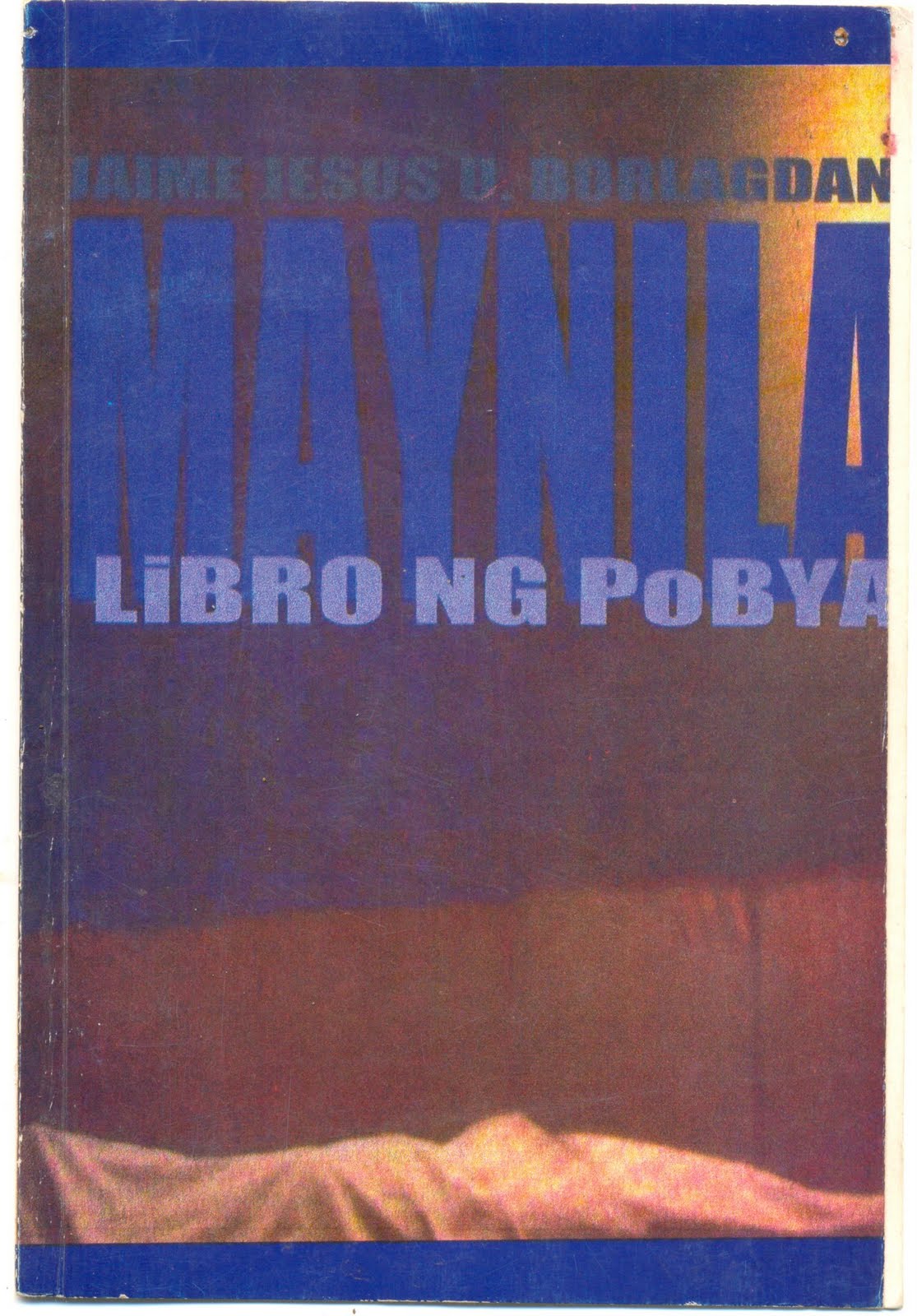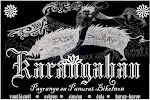Today I got another poem from my FB memory. A poem from six years ago. It's about thankfulness but the title is Mercy. My friend Richard told me a few days ago that grace (also his daughter's name) is such a wonderful word because it describes something that is not from this world. Grace from God, or the Divine, as he said it. As i read this poem again, i thought about grace and mercy and thankfulness--they are all interconnected. they describe something that is beyond this realm. like love, when we feel grace, or mercy, or thankfulness, we are as if transformed--reverted back would be more precise-- to our original form. and we get a taste, even for a brief moment, of happiness. for the longest time, i always thought that happiness is like that--a brief gulp of clarity, awe, and feeling of utter security--that nothing matters more. but then it's gone in a while and you're back staring at the grey pavement, waiting for something great to happen.
when i learned from my teacher that everyone of us, are eternally happy, i can't understand it. the idea was so foreign to me that i thought it was just a philosophical thing. when i started chanting the Holy Names, or mantras in japa yoga and kirtan yoga, gradually, this truth became apparent. we, the spirit souls are naturally blissful. but when we came into contact with matter, we were covered up by the modes of material nature, goodness, passion and ignorance. from these, different temperaments rose and drove us to different places and made our consciousness more and more entangled in the world of matter, and in turn made it harder and harder for us to see who we really are. my teacher compared it to a diamond covered with mud. our natural brilliance cannot get through the muck. to cleanse us of this dirt we need a purifier like water. something that is opposite the dirt. in this case something that is the opposite of matter. as dirt cannot nullify dirt, matter cannot be cleansed by matter. we need a cleaning agent that is transcendental to matter.
the transcendental sound vibration of the Holy Names of God are the ultimate purifier of the soul. by chanting the Holy Names our hearts are gradually cleansed of all the dust that we have accumulated from lifetimes upon lifetimes. once this covering in our hearts are removed then we can see and understand more clearly the reality of this world we are presently in. we can also clearly understand our real identity, why we are here, and what is the goal of this life.
My gratitude to my teacher is without measure. He woke me up from a false dream of life, and shown me what it really is. like what Morpheus did to Neo in the Matrix. He opened my darkened eyes and filled my heart with transcendental knowledge. He has given me unconditional mercy, a divine grace. All glories to you Gurudev.
Here's the English translation of the poem:
MERCY
MERCY
Each morning
Is a mercy from God.
Flowers don’t bloom
For you or for themselves
But simply because.
For all these
May as well cease
Easy as because.
What for then is understanding
Why every breath continues without cause?
Is a mercy from God.
Flowers don’t bloom
For you or for themselves
But simply because.
For all these
May as well cease
Easy as because.
What for then is understanding
Why every breath continues without cause?
To fear the coming
Of the end is of no value
For even now
That destination may
Already be in front of you.
Life can only continue
With a heart free of burden
For God, out of mercy,
Took from you a learning
You don’t need to know.
Of the end is of no value
For even now
That destination may
Already be in front of you.
Life can only continue
With a heart free of burden
For God, out of mercy,
Took from you a learning
You don’t need to know.
HERAK
An kada kinaagahan
sarong herak kan Kagurangnan.
Dai nagsusupang an mga burak
para saimo no sa saindang sadiri
kundi malâ,
ta an gabos na ini
kaya man kuta mapundo
dawa sa saro man na malâ.
Kaya para sain pa an pagsabot kun nata
an kada hangos dagos minakusa?
sarong herak kan Kagurangnan.
Dai nagsusupang an mga burak
para saimo no sa saindang sadiri
kundi malâ,
ta an gabos na ini
kaya man kuta mapundo
dawa sa saro man na malâ.
Kaya para sain pa an pagsabot kun nata
an kada hangos dagos minakusa?
Daing kamugtakan an matakot
kan pag-abot kan hudyan
ta baad ngani ngonian
nasa hampang mo naan kasagkodan na iyan.
Minadanay ka sana
na daing gabat an daghan
ta hinali saimo kan Kagurangnan
sa herak, su pagkaaram
na dai mo man kaipuhan.
kan pag-abot kan hudyan
ta baad ngani ngonian
nasa hampang mo naan kasagkodan na iyan.
Minadanay ka sana
na daing gabat an daghan
ta hinali saimo kan Kagurangnan
sa herak, su pagkaaram
na dai mo man kaipuhan.
Nobyembre 24, 2010. Pawa.
Haribol.







